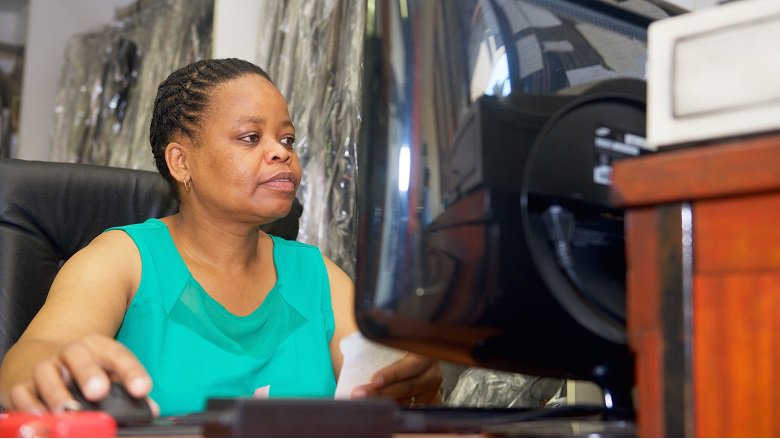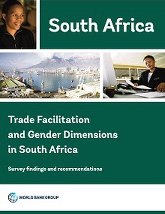For South Africa �� like elsewhere around the globe �� maintaining trade flows during the COVID-19 pandemic has been crucial. The import and export of essential food, medical items, and maintaining international supply chains have helped cushion some of the pandemic��s heavy impact on lives and businesses.
Traditionally, South African traders have suffered high costs and delays due to complicated and inefficient border procedures, especially at the land borders accessing main corridors �C and at seaports serving continental markets.
Several efforts have been made to reduce these burdens and make it easier for South African businesses to trade and integrate into regional and global supply chains. However, there is more work that can be done to further enhance the trade environment and ensure that the benefits of trade facilitation are equally afforded to men and women.?
To identify specific challenges that men and women face in cross-border trade and determine where further reforms can be made, the World Bank Group completed a study on Trade Facilitation and Gender Dimensions in South Africa. Traders, customs brokers and freight forwarders were interviewed.


